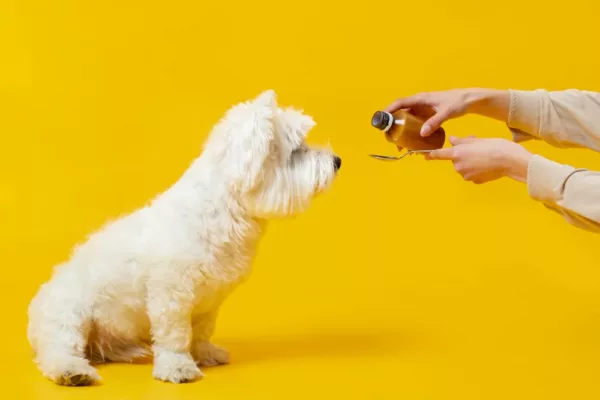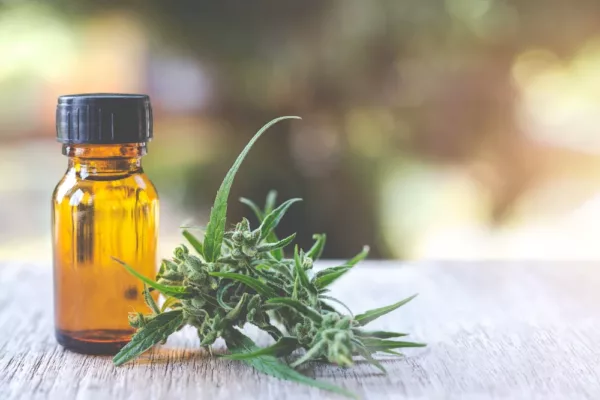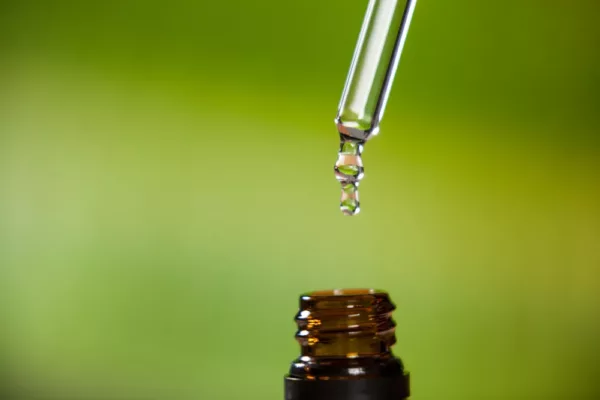Your basket is empty
Is cannabidiol legal in Switzerland?
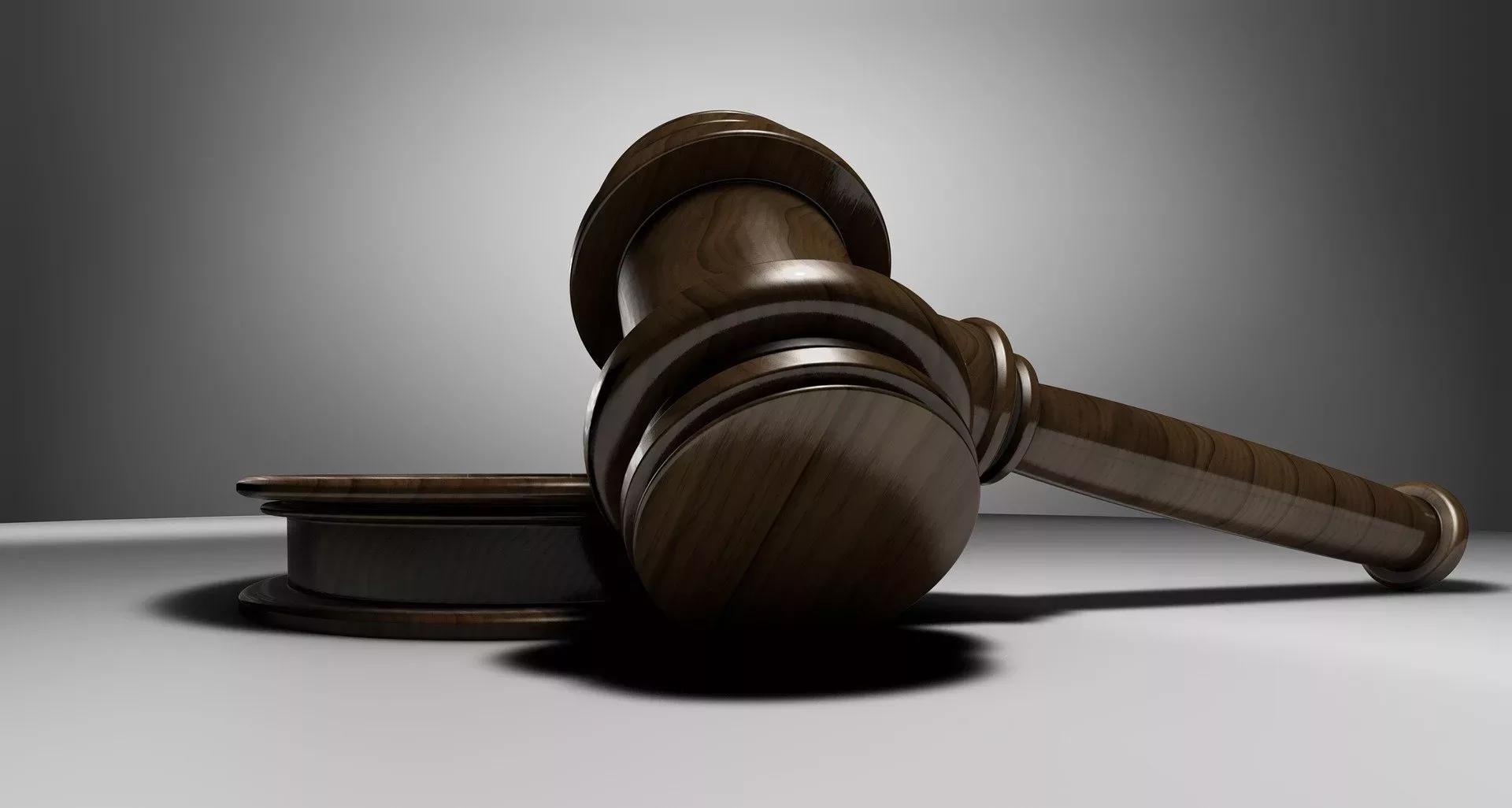
Is cannabidiol legal in Switzerland? A burning question with a simple answer: yes. But under what conditions? And what about European legislation? These are just some of the questions we'll try to answer in this article. But first, let's try to understand what CBD is and how it relates to the cannabis plant.
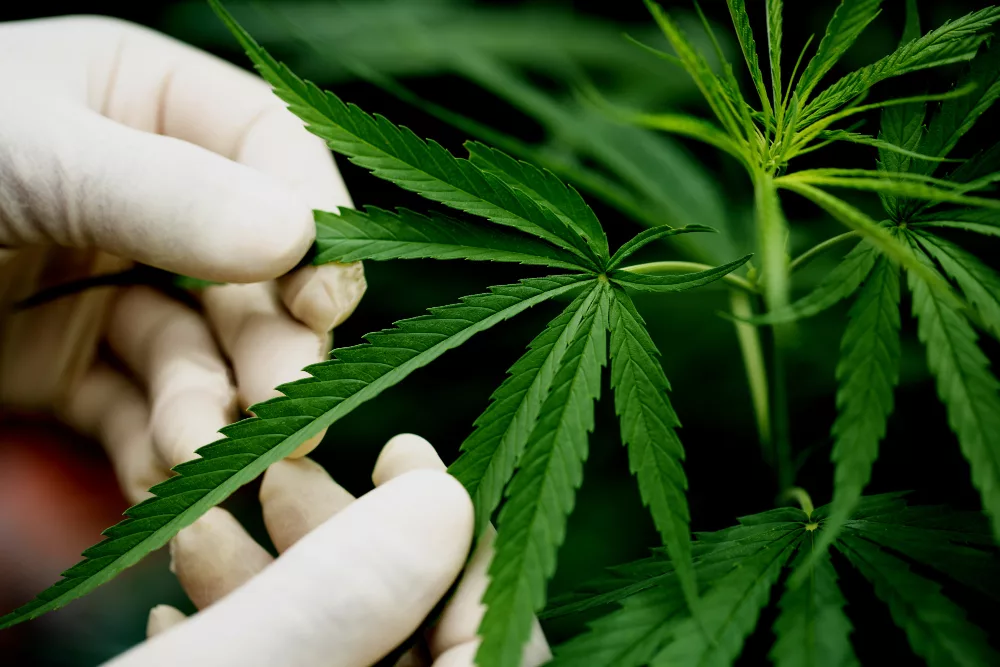
What is CBD?
Before getting to the heart of the matter, namely answering the question: "Is cannabidiol legal in Switzerland?", and whether it's possible to buy cheap CBD, it's important to understand what CBD is. It's a molecule naturally present in the cannabis plant, in varying quantities depending on the variety and growing conditions.
This molecule is a cannabinoid, a family of active ingredients found in cannabis. There are over 80 of them, but the best-known (and most important) are THC (tetrahydrocannabinol) and CBD (cannabidiol).
Each of these cannabinoids interacts with the CB1 and CB2 neuroreceptors. But where THC can produce a stupefying effect, CBD has no psychotropic impact. Its interaction with the body seems to be limited to benefits for improving well-being, regaining dynamism and daily balance. So many benefits that justify its popularity on the Swiss and international scenes, leading many consumers to ask: is cannabidiol legal in Switzerland?
How to use cannabidiol
As mentioned earlier in this article on "Is cannabidiol legal in Switzerland", CBD comes from the cannabis plant. It would, however, be simplistic to think that the only way to consume this extract is by smoking it. In fact, thanks to the ever-widening success of this substance, a growing number of alternatives have emerged. Here are just a few of them.
CBD Oil
Extracted from parts of the cannabis plant dried and ground using a very precise process, CBD oil has won over aficionados and those curious about well-being. How is it used? Its success is largely the result of a multitude of studies.
CBD Flowers
Flowers are the image that first springs to mind when one thinks of consuming CBD or, more generally, cannabis. But, as already explained above, CBD, unlike THC, does not cause psychotropic effects. This also applies to dried flowers.
This type of consumption is best reserved for recreational use, for relaxation. The use of a vaporizer is recommended. In fact, it seems to present fewer health risks than consumption by combustion.
The abundance of CBD-derived products begs the question, "Is cannabidiol legal in Switzerland?"
Is cannabidiol legal in Switzerland?
Legislative issues surrounding cannabis can seem complex, on the one hand because of its close link with THC, and on the other because of the differences in laws from one country to another. So it's hardly surprising that many people ask: is cannabidiol legal in Switzerland? A legitimate question, given that the legal framework varies according to the substance and the authorized concentration.
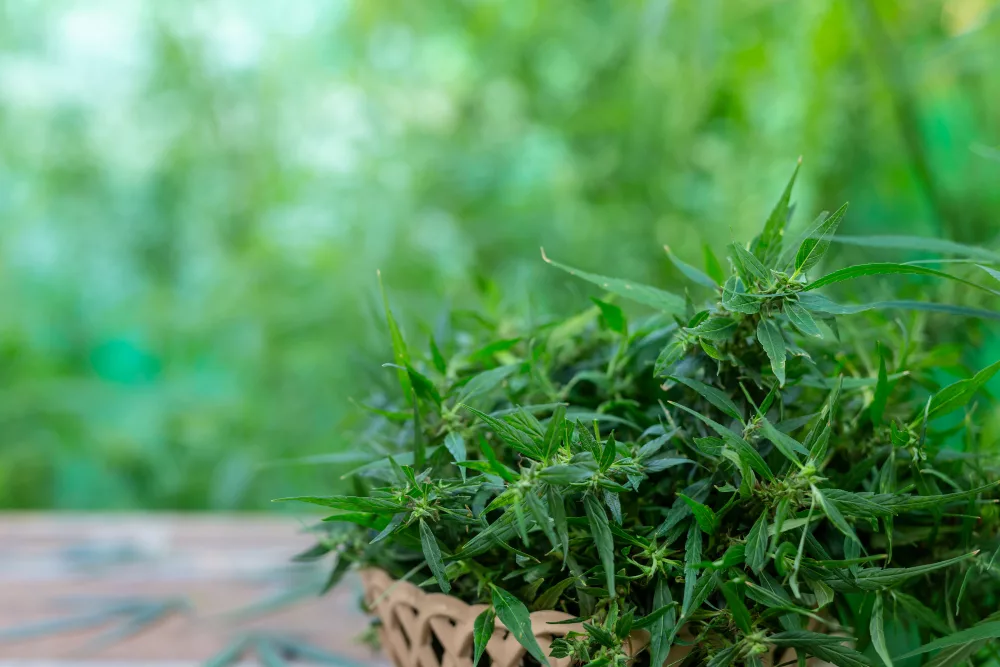
Cannabis: legal in Switzerland?
Since 2011, according to Swiss CBD legislation, cannabis containing less than 1% THC is not regulated by the Narcotics Law (LStup, SR 812.121).
CBD itself is also not governed by this law, as it has no psychoactive effects. Moreover, with its reputation as a "universal remedy", the cannabidiol content of cannabis and its derivatives is not, for the moment, subject to any specific regulation.
This naturally leads to a recurring question: is cannabidiol legal in Switzerland? The answer is yes, as long as a product (whether oil, flower or infusion) does not exceed the 1% THC threshold, it is considered legal, regardless of its CBD concentration. This legal provision enables consumers to enjoy the benefits of hemp without the risk of psychotropic effects.
If cannabidiol is legal in Switzerland, what about Europe?
Although the answer to the question "Is cannabidiol legal in Switzerland?" is yes, the same cannot be said at European level. To date, there is no common legislation on cannabis in the European Union.
Each member country therefore sets its own rules in this area, which explains the significant differences that can be observed from one territory to another as soon as you cross a border. In France, Germany and the UK, only hemp containing less than 0.2% THC can be grown. In Italy, the theoretical limit is also 0.2%, but a margin of error of up to 0.6% THC is tolerated.
Why choose Swiss cannabis?
As we have seen, the question "Is cannabidiol legal in Switzerland?" is answered in the affirmative, provided products contain less than 1% THC. The main distinction between legal cannabis in Switzerland and its European equivalents lies precisely in this THC limit.
Yet a difference of just 0.8% can have a significant impact on the effects experienced. Indeed, a phenomenon known as the "entourage effect" can reinforce or attenuate the efficacy of a cannabis-based product, depending on the synergy between the different cannabinoids present.
Thus, a product containing a fuller spectrum of cannabinoids (enabled by a higher THC limit, as is the case in Switzerland) may offer greater efficacy. However, it is essential to inform yourself in advance, particularly about the possible interactions between CBD and certain medical treatments, as this substance, although natural, is not without contraindications.
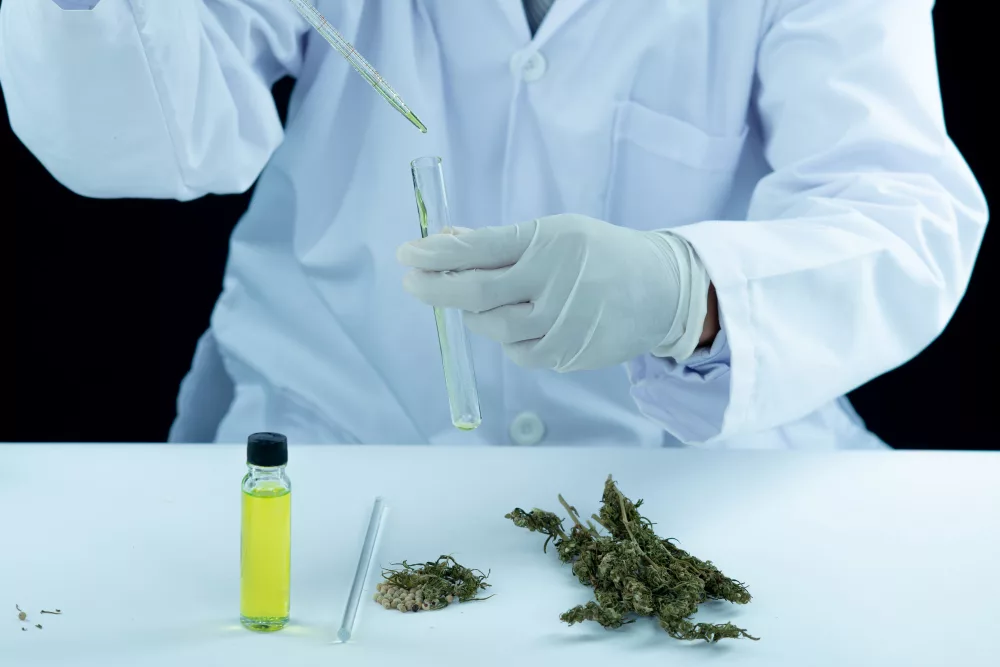
The entourage effect
The interaction between the components of a cannabis plant is referred to as the entourage effect.
According to theory, there are over 480 components in a cannabis strain. These components fall into three different categories: cannabinoids, terpenes and flavonoids. Each of these three types of elements plays an essential role in the consumer's experience: cannabinoids are primarily responsible for physiological effects, terpenes determine taste and smell, while flavonoids are responsible for the plant's color.
Two strains of cannabis with different genetic make-up will have two different effects on the same consumer. Why should this be? Precisely because of this entourage effect. The components interact with each other to produce a particular sensation. Each combination has its own particularity. And the more different the elements, the more effective they are.
On the other hand, this entourage effect does not work as well in products containing only a limited number of components. This is why the legal THC dose in Switzerland is more attractive than that of its European neighbors.
However, despite this openness, the question of whether cannabidiol is legal in Switzerland remains open to potential revision. Indeed, legislation is still evolving in line with new scientific discoveries and political positions. It is therefore essential to stay informed, as this question could one day take a new turn depending on future national or international regulations.
